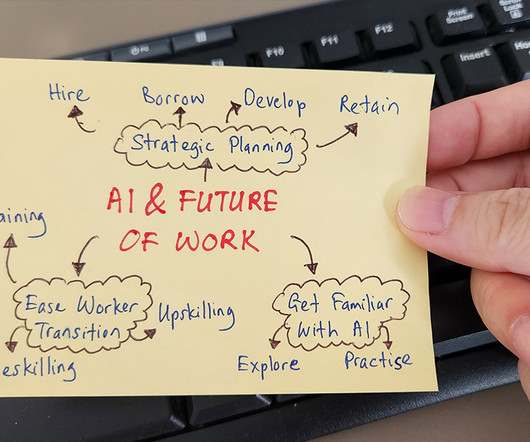Role of Leaders in Managing Remote & Hybrid BFSI Teams
Infopro Learning
FEBRUARY 27, 2024
According to a study by HR.com, hybrid and remote work arrangements have emerged as the predominant forms of employment. The study revealed that 74% of participants were likely to adopt remote work strategies and 65% preferred hybrid ones. It will also examine leaders’ strategies to manage and motivate their teams effectively.






























Let's personalize your content